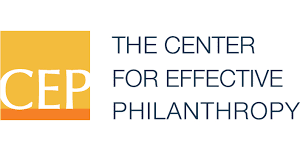The actions of societal elites exert a disproportionate impact on events and outcomes in their home societies. These actions are driven by a combination of factors internal and external to their nation. Using the leaders of large American corporations—the group I call the American corporate elite—as an example, I examine the extent to which these two forces affected the character and orientation of the group, from the period immediately following World War II to the present. I argue that this elite was both constrained and enabled by a series of domestic and global forces, and I attempt to disentangle the role of both. Globally, American corporations benefited from the unique strength of the United States following the war, but their actions were constrained by both the Cold War with the Soviet Union and domestic forces, including an active and highly legitimate federal government and a relatively strong labor movement. An increase in foreign economic competition, along with domestic turmoil, in the 1970s helped trigger a decline in American strength and a conservative shift among the corporate elite. Although observers have attributed the group’s increasing conservatism and fragmentation in recent years to the end of the Cold War and the rise of globalization, I argue that neither of these factors can account for these outcomes. I conclude by discussing the implications of this argument for the corporate elite, and American society as a whole.
Read full article by Mark S. Mizruchi in American Behavioral Scientist


